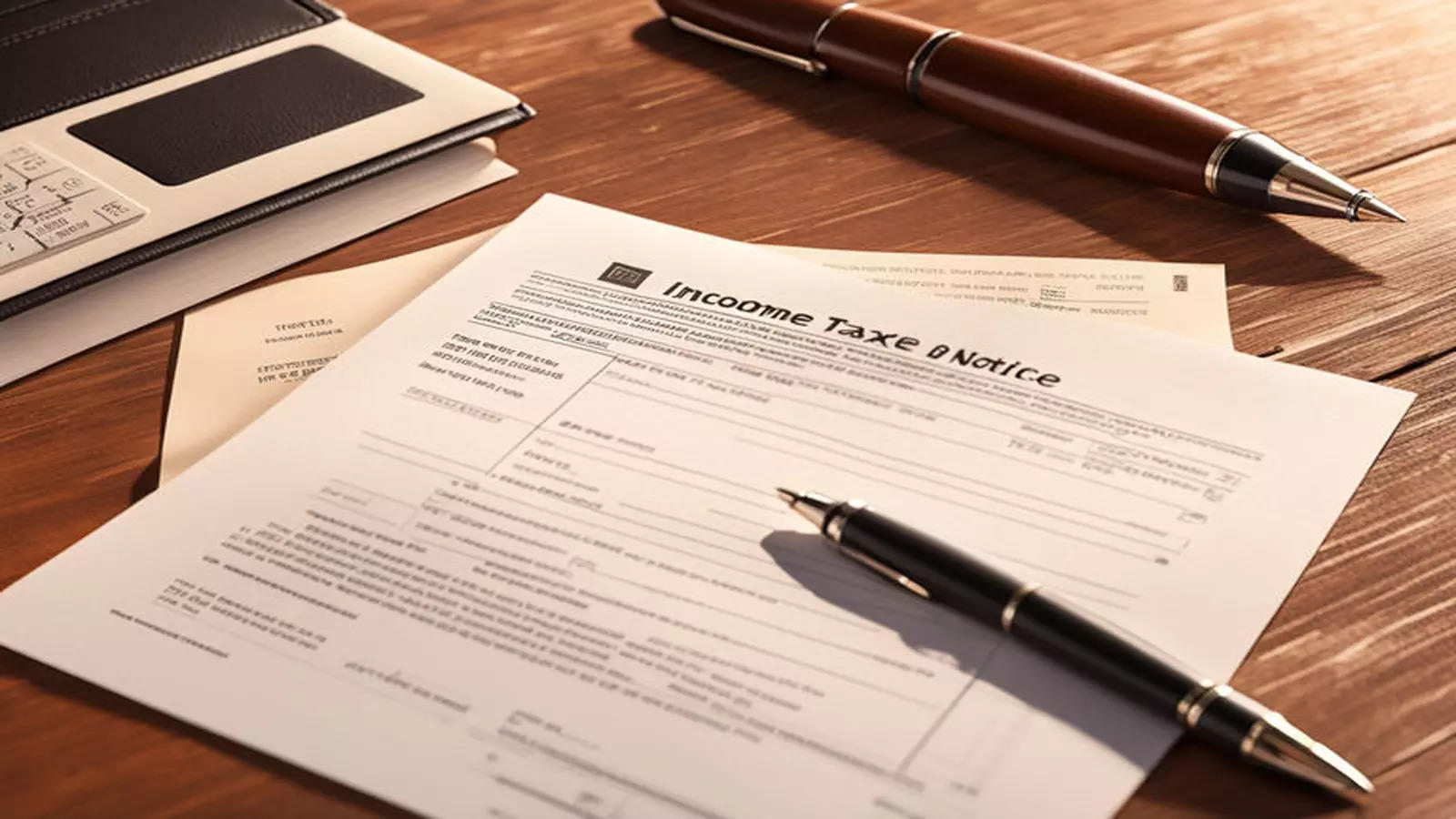Nepalese citizens' plea puts I-T in dock for invoking Black Money Act
Two Nepalese citizens have challenged the Indian Income Tax Department's invocation of the Black Money Act against them, arguing that they are tax residents of Nepal, not India. The case raises questions about how the law applies to foreigners from countries with double tax avoidance treaties with India. Specifically, the case highlights issues concerning Nepal, where citizens can move freely in and out of India without passports due to a "Treaty of Friendship" between the two countries.
In a development which would decide whether foreigners can be booked under 's , two have challenged the (I-T) department which invoked the harsh statute to serve them notices.According to the , the law can be used against anyone who is a 'resident' - a status an individual, irrespective of nationality, attains after spending a minimum of 182 days in India. A lower threshold of 120 days applies to persons whose income from India is ₹15 lakh or more.
However, the persons concerned - an employee of the and his mother - have filed a writ before the on the grounds that the consequences of the treaties between India and cannot be ignored and must be taken into account along with the Act. According to them, they are residents of Nepal and not India.

TREATY Or I-T Act?
Thus, for the first time, the case raises a broader question linked to the Black Money (Undisclosed Foreign Income and Assets) and Imposition of Tax Act, which came into effect on April 1, 2016, and is meant to bring the hidden wealth parked offshore under the tax net: how would the law be applied to a foreigner (who may have spent 182 days in India) who is from a country having double tax avoidance treaty () with India?
More specifically for Nepal, another pertinent question crops up. Since Nepalese citizens can freely move in and out of India without a passport, there is no way of determining the period of stay in India as the date stamp on a passport serves as proof to establish whether a person is a 'resident'. Besides, the 'Treaty of Friendship' between the two countries allows a citizen of one country to stay indefinitely in the other country.
A few years before tax officials had conducted a raid on the business premises of the petitioners in India. The information gathered then is believed to be the basis for the present notices. The notices were issued to three persons - the former bank chairman (who is no more), his wife who is the legal heir and her son.
The petitioners are being represented by senior advocate Arvind P Datar, along with advocates Shouryendu Ray, Manas Shankar Ray, and Anshul Gondale of the law firm .
Under the law, a 'tie-breaker' test is triggered to determine how a person who happens to be a resident of two countries, would be taxed. A set of parameters, along with certain subjective criteria, are taken into consideration to ascertain which country has the right to tax such a person. The Black Money law borrows the definition of 'resident' from the I-T Act which allows certain relaxations for treaties.
"The tie-breaker rule provides for tests to ascertain taxation rights over a taxpayer who ends up being a tax resident of two nations. In such a situation, factors such as where does the taxpayer have a permanent home available, followed by his personal and economic relations (centre of vital interest), if there is a tie on these fronts as well, the next tests that are applied are habitual abode, followed by nationality. If the deadlock still remains after clearing all these filters, then the authorities of both nations settle the question of residence (and taxing rights) by mutual agreement," said Ashish Mehta, Partner at Khaitan & Co.
THE NEPAL ANGLE
The outcome of the writ would determine whether a (with a country that India has) would prevail over the I-T Act.
However, a peculiar problem arises in the case of Nepal, thanks to the geography and old diplomatic ties. Since Kathmandu has limited air connectivity, a person coming from New York would typically arrive in New Delhi and then either fly or drive down to Kathmandu. Suppose this person takes the same route six months later to fly back to New York, the dates of his arrival from New York and departure from New Delhi would show up in the passport, there would be no date-stamp to determine how long he spent in India.
Under the circumstances, if the Indian tax office claims that the person never went to Kathmandu and had stayed in India for six months, it ends up putting the 'resident' tag on him. The present case was sparked by such a stand tax department when it found that one of the petitioners had arrived from London and flew back some months later.
Source: Stocks-Markets-Economic Times
